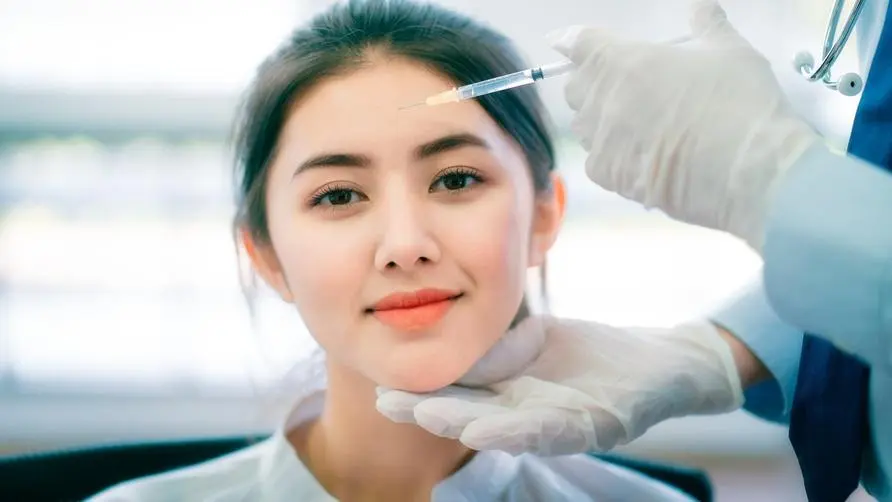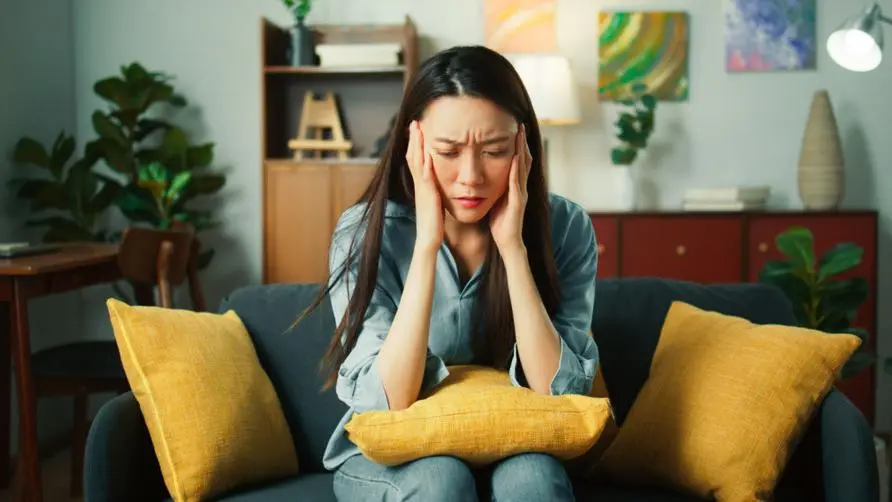Botox not only makes you look younger, but also makes you feel better? Study: Reduces risk of worry and anxiety by 72%

Botox has many uses to reduce depression and anxiety
Botulinum toxin is a drug derived from bacterial toxins. It is commonly used to relieve wrinkles and treat body odor. It can also relieve cramp symptoms, dehydration and migraines. It has a wide range of uses and is one of the most common treatment options for medical aesthetics and micro-surgery. New research published in “Scientific Reports” points out that applying Botox to “four areas” of the body may be related to reducing anxiety.
The University of California, San Diego, in collaboration with a German medical institution, collected and analyzed the physical data of nearly 40,000 people after Botox injection through the Adverse Reaction Reporting System (FAERS) provided by the U.S. Food and Drug Administration (FDA). The subject’s depression state before and after the injection.
A review of research points out that current drugs used to treat depression and anxiety include serotonin, dopamine and norepinephrine. Most of them have certain side effects, resulting in poor drug compliance. About 30% of patients have no response to the drugs. Through the database, it was found that ketamine, minocycline, non-steroidal anti-inflammatory drugs and the botulinum toxin drug “BoNT” are effective in suppressing depression. Among them, BoNT has been confirmed by multiple clinical trials to be effective in treating depression.
The research team conducted studies on subjects who had been injected with BoNT drugs. Compared with non-injected people, people who inject BoNT have a 22-72% lower risk of depression and anxiety. Among them, the most obvious changes were in the four body parts injected, namely facial muscles for medical aesthetics, head muscles for migraine treatment, limbs (such as arms, legs) and neck muscles for cramp symptoms.
For other injection sites, there are not enough data to establish statistically significant confidence intervals, said study author Ruben Abagyan. In addition, although the team excluded people who also took antidepressant drugs, the efficacy of prescription drugs or commercially available drugs prescribed by doctors may still be underestimated.
Can changing muscles affect mood? Botulinum toxin not only anti-aging and wrinkle reduction?
Abagyan and his team published a similar study in July 2020, pointing out that patients who received Botox drug treatment suffered from depression less frequently than patients who received different treatments. Both studies found that when the injection site falls on one of the above four sites, depressive symptoms tend to be significantly reduced.
Abagyan believes that botulinum toxin may be transported through the bloodstream to the central nervous system of the brain, an area involved in emotional expression, thereby affecting the patient’s psychological state. Alternatively, facial musculature affected by botulinum toxin, such as eyelids, crow’s feet and glabella wrinkles, which are involved in “positive emotional expression”, may also indirectly change the patient’s emotional state.
Abagyan expressed optimism that Botulinum toxin, which is widely used in chronic diseases, medical aesthetics, and soothing muscle tissue, may be further used in the future to improve depression and anxiety, while avoiding the side effects of other antidepressant drugs. However, more research is still needed to determine the mechanism by which BoNT relieves depression, and clinical trials are needed to determine the optimal injection site and dosage.
source:
Further reading:





